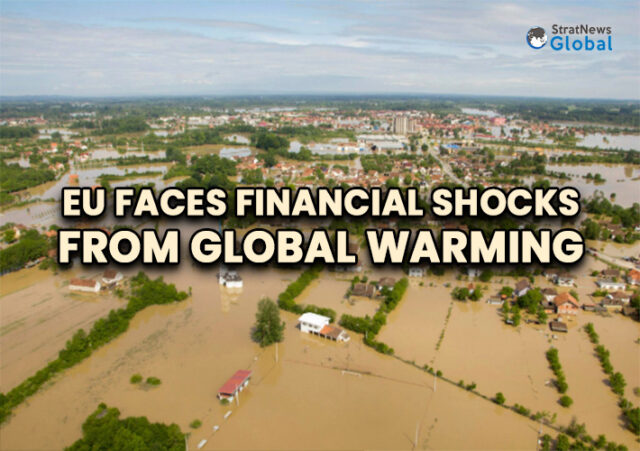Europe’s environment agency (EEA) has warned that there would be systemic financial shocks from climate change with temperatures expected to rise by at least 3.C by 2050.
In an interview to the Financial Times, Leena Ylä-Mononen said that this is a wake up call for the financial and the insurance industry.
“It’s not that we face a major financial shock tomorrow but it is accumulating. If we start talking about major investments in general into our infrastructure or if we make wrong choices in investing in the way we are constructing our society . . . the risks are getting higher and higher.”
According to weather experts, temperatures are rising roughly twice the global rate and the fastest would be in Europe and the economic losses from coastal floods alone could cost over €1 trillion.
The EEA report has warned that temperatures could rise by over 7.c by 2100 and without any strong action, hundreds of thousands of people would die from heatwaves and economic losses.
The commission’s draft report, accessed by FT, has warned of increasing conflict between countries over water resources.
Rising Temperatures
Over the past few years, Europe has already suffered vast damage as a result of extreme floods and wildfires in recent years.
In 2022, heatwaves across the continent caused over 70,000 deaths. The impact has been felt hard in countries like Slovenia and Greece. The economic losses were pegged at 16% and 15% of the GDP respectively.
The weather conditions have caushed an unusual warm winters in Europe where some countries like Romania and Bulgaria have had their temperatures deviate from the norm by more than 14C.
The report also stated that Europe is currently not prepared to tackle extreme weather conditions from wildfires burning homes to flash floods among others.
The European Commission has said that it would present a communication on managing climate risks early this week.
















